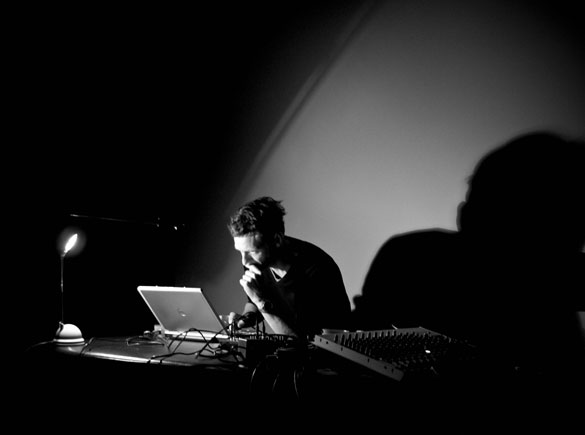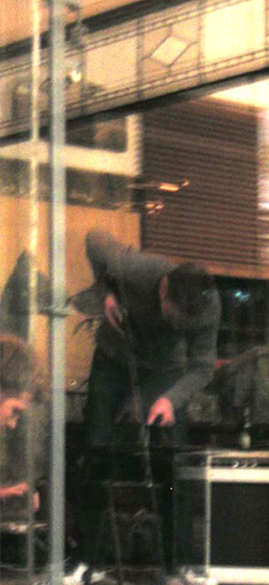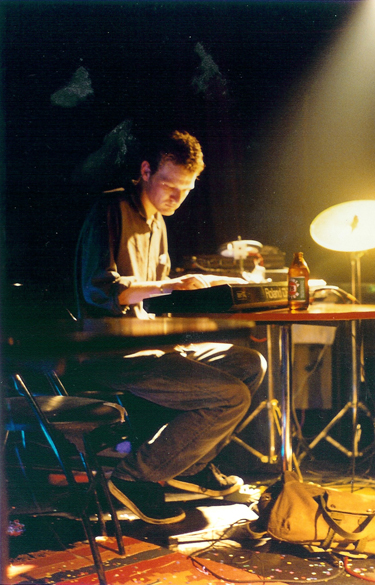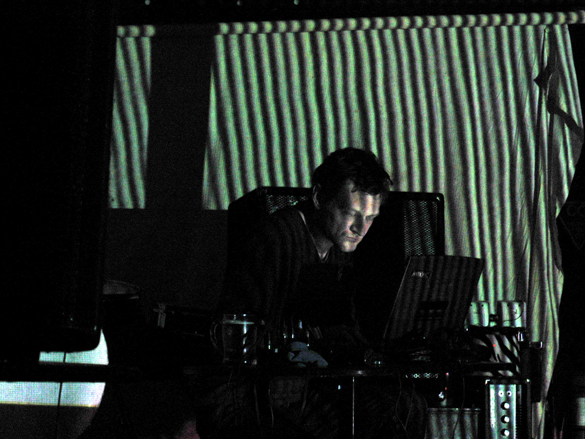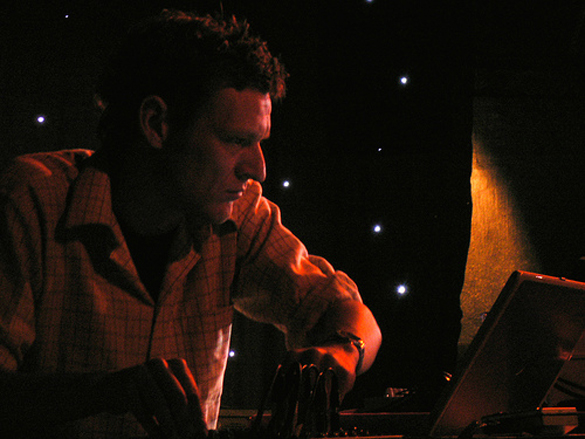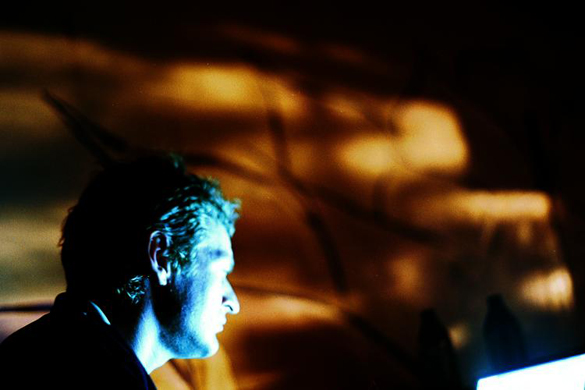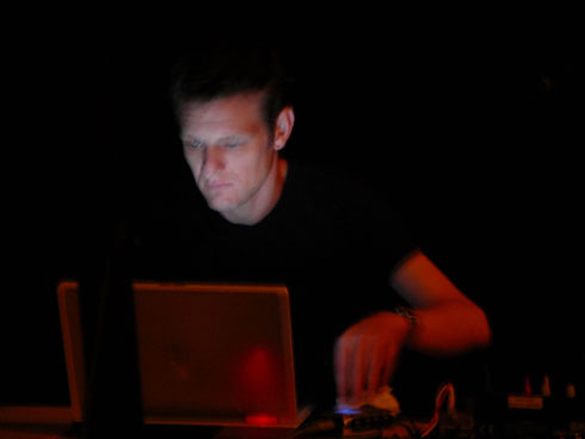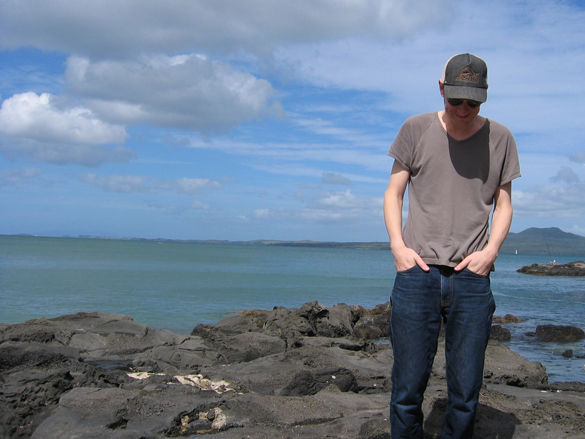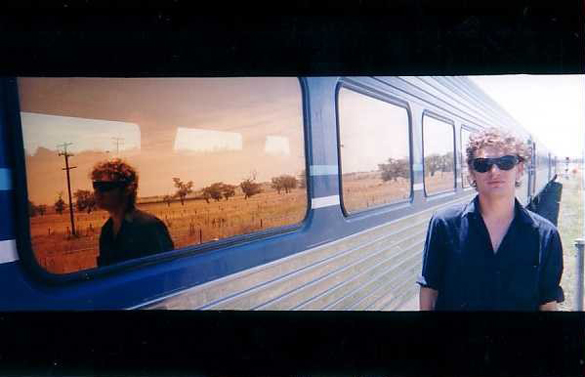Getxo
CD – 6 tracks – 48:12
[Released in 2001 on Sigma Editions]
Now available in the TouchShop
Track Listing;
1. Versa
2. Pinxit
3. A.C.U.
4. #6
5. Getxo
6. Tanka
With this new work, entitled Getxo, the Parlane sensibility is recognizable: an interest in sublimity, minor keys and mesmerizing repetition. Track one, for example with its simple repeated four note phrase, is like melancholy carnival music devoid of sentimentality. The repetition in this track mimics mechanical reproduction in that the quality degenerates over the course of the track, ending in an enveloping, ever stronger fuzz.
In comparison to #1-4, Getxo is lighter, looser, takes itself less seriously. However, at the same time its tracks are more varied, intricate, difficult and internally more complex, moving between density and thinness. The relationship between the six tracks is also more complex, with the tracks existing as pairs (1&6, 2&5, 3&4) in terms of structure, source material and method.
Since making #1-4 Parlane has shifted from relatively lo-fi techniques of construction to the digital realm of computer music and this shift in technology is reflected in the intricacy of the tracks and the quality of the sounds. #1-4’s dark and urgent rumblings have been superceded by crispness and clarity.
Getxo is part of the evolved and evolving Parlane aesthetic, very knowledgeable, drawing on a wide range of influences, and innately musical, seductive and affecting, full of quiet and not so quiet catches and hooks, so easy that the difficulty is camoflagued. [Anna Sanderson/Adrian Leverkühn, 2002]
Reviews:
Boomkat (UK):
“The tenth sigma release comes four years after sigma, 001: Parlane’s #1-4. Getxo, shows the recognizable Parlane sensibility; an interest in sublimity, minor keys and mesmerizing repetition. versa, with its simple repeated four note phrase, degenerates over the course of the track, ending in an enveloping, ever stronger fuzz. elements of wolfgang voigt’s majestic Gas project are strong, as is the influence felt from recent work with the mighty fennesz. Getxo is lighter, looser, takes itself less seriously. Since making #1-4 Parlane has shifted from relatively lo-fi techniques of construction to the digital realm of computer music and this shift in technology is reflected in the intricacy and quality of the sounds. #1-4’s dark and urgent rumblings have been superceded by crispness and clarity. the bell-like tones sustain in a beautiful way in pinxit and are then completely dissembled for the title track. The climate at the moment is perfect for the evolved and evolving Parlane aesthetic. seductive and affecting, full of quiet and not quiet catches and hooks, so easy that the difficulty is camouflaged. Excellent release.”
incursion.org (USA):
“On Getxo, Parlane… [creates] warm sonics rich with dense walls of static and the cadence of hypnotic waves, that move from the minimal to the complex. Rhythmic elements are always present but never taking on conventional structures… This is some beautiful, warm and complex music with a phenomenal attention to detail and an intoxicating effect… It’s an excellent release and highly recommended.” [Richard di Santo]
All Music Guide (USA):
Released 3 years after #104, Getxo updates Rosy Parlane’s sound, so to speak. In the intervening years, the once drummer and now sound artist moved far away from his noise rock beginnings, and ever closer to the European school of experimental electronica. The six pieces included here, all highly textural and ambient, illustrates how much the genre leaps across borders and continents – New Zealand and Austria have never been so close. Parlane pays close attention to details. When the structure of a piece remains too obvious (the crescendo in “Versa,” for example, ending with the only Merzbow-esque ripples of noise heard on this disc), he raises the stakes with mesmerizing cycles of sounds. The only subpar track is “Pinxit.” Based on a keyboard chord sequence, it quickly becomes repetitive and overlong. On the other hand, the closing “Tanka” is a beautiful piece. At its core, the loop of an organ chord seems to run through a Leslie speaker. The overtones are magnificently detailed and augmented by light glitch electronics to create a great ambient piece. References to Fennesz and Farmers’ Manual are in order, but for the most part Getxo has a more human feel than their music. It’s hard to explain why (maybe the music doesn’t fully rely on computers, maybe the surgical gestures are not so clinical), but a similar impression comes from the works of Australian guitarist Oren Ambarchi. [François Couture]











